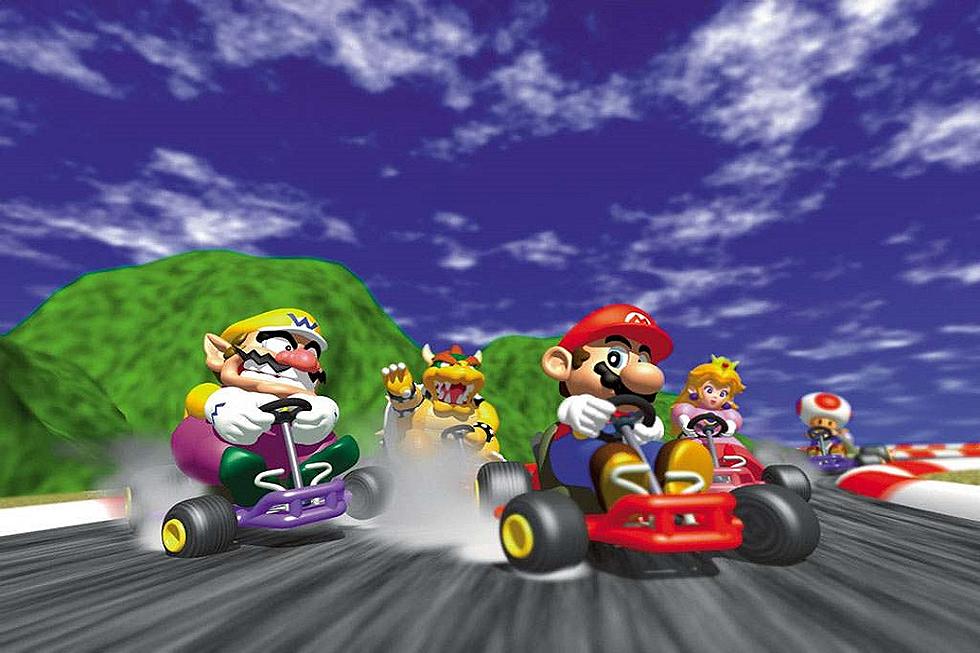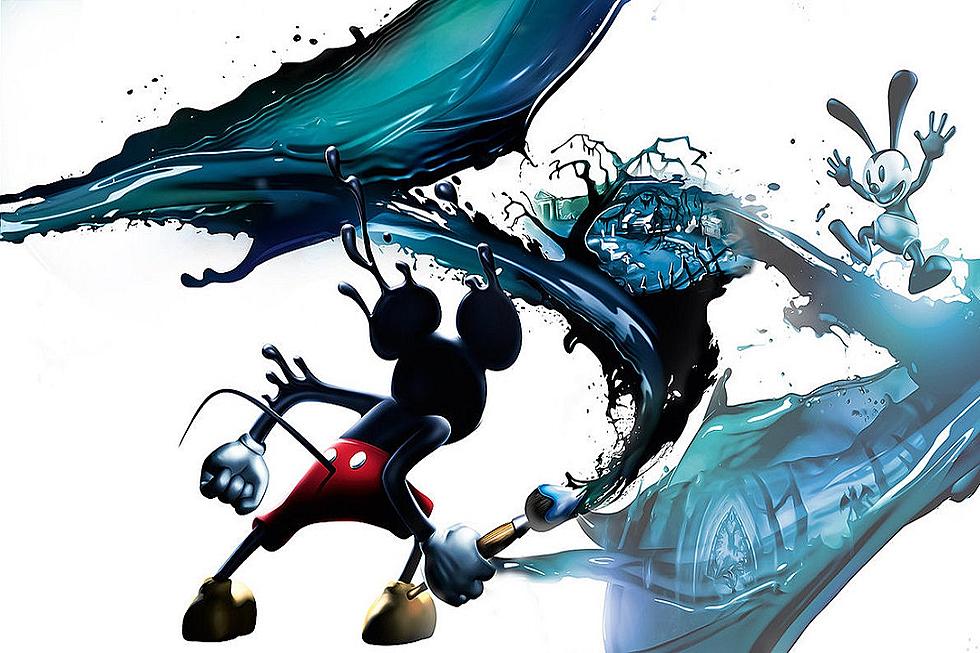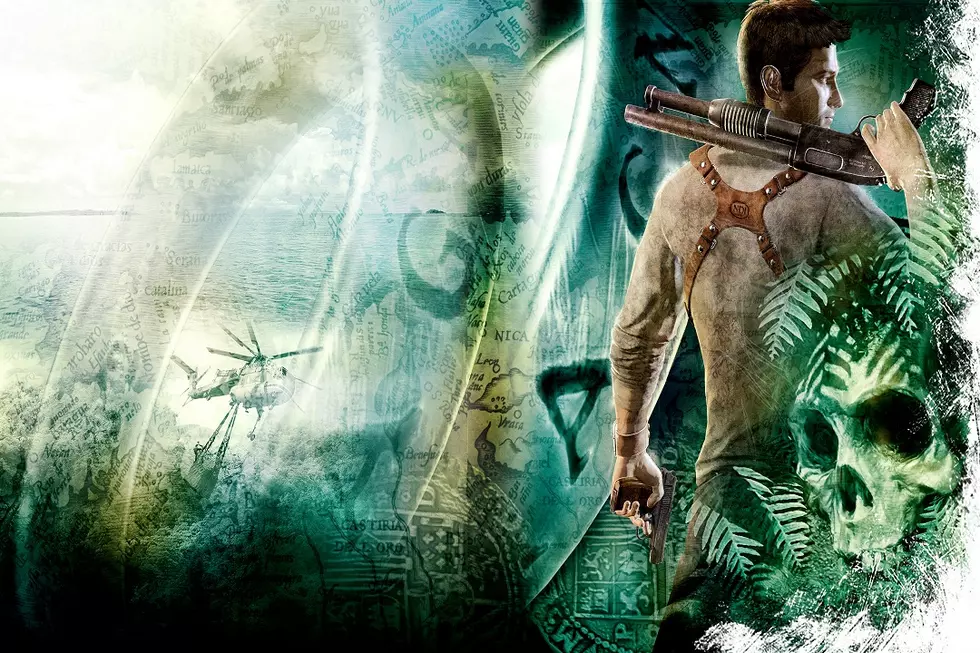
War Has Changed: Celebrating Metal Gear Solid 4: Guns of the Patriots
Metal Gear Solid 4: Guns of the Patriots is a lot of things beyond simply being a good game. It was meant to be a definitive final chapter well after an assumed final chapter had been written. It was the intersection of over twenty years of complex plots, continuities and nods brought together in one place. It was the absolute end of an in-game rivalry that fans had come to know and embrace fully. All of these things considered, should the series have ended at Metal Gear Solid 4? Maybe, but despite the continuation of the franchise, there’s still a great deal of fantastic gameplay to be had, and today we celebrate its original release.
Originally, there was never meant to be a Metal Gear Solid 4. Series director Hideo Kojima had intended Metal Gear Solid 3: Snake Eater to be the final game of the series. In fact, Kojima wasn’t even the director when development began due to fan demand for another sequel. Originally, Kojima was intent to hand the position over to Shuyo Murata, who had co-written Snake Eater and helped with Metal Gear Solid 2: Sons of Liberty and Metal Gear Solid: Ghost Babel. This was kept under wraps initially, but when it became public knowledge, a wave of negative feedback drove Kojima to return to the series to co-direct beside Murata.
Metal Gear Solid 4 takes players to an alternate future of warfare and returns them to the role of Solid Snake. Infected with a special virus, Snake has rapidly aged and his life expectancy is drastically limited. The world has become a hotbed of wars carried out by private military companies. Nanomachines have become a widespread application, enhancing soldier’s abilities and is controlled by a network. When Liquid Ocelot, Snake’s old adversary who is infected with the personality of Liquid Snake, attempts to highjack this network, Snake is called up for what he expects to be one last chance to lay things to rest. The conflict that follows sees the return of characters throughout the franchise as each seeks to find their own closure on the battlefield.
In creating Metal Gear Solid 4, Kojima and Murata wanted to move to a more heated warzone setting. The game would still rely on stealth mechanics, but offer a new Psyche system. Under the Psyche system, combat and environmental situations affect Snake’s abilities. Non-lethal takedowns lower the Psyche meter while killing, being hunted by enemies, and even foul smells and extreme temperatures harm Snake’s psyche. Too much damage and Snake would suffer adverse effects such as muscle pain, poor aiming, and even passing out. It was a unique new innovation that did well to properly factor in the stress of the battlefield on Snake’s aged and damaged body and mentality.
Many of each previous entry’s prominent features returned. The stealth mechanics remained prevalent, joined by an upgraded version of Metal Gear Solid 3’s applauded camo system which allowed players to change patterns on Snake’s uniform and apply face paint to blend into surrounding environments better. In lieu of the set third-person cameras used in previous games, Metal Gear Solid 4 utilized an over the shoulder camera, giving players a more engaged and active look at the threats immediately around Snake.
All things considered, there’s a good argument to be made about whether or not Metal Gear Solid 4 should’ve been the one that ended the series for all of the closure it offered on much of what the series built. When you consider the fact that Kojima wanted Metal Gear Solid 3 to be the ending, it’s amazing in of itself that he came back and delivered such a stellar final, final chapter to his series. Even further, Metal Gear Solid 5: The Phantom Pain would go on to continue the series in a new and interesting way as well. Metal Gear Solid 4 invited most of the elements of the previous twenty years back into the series for an amazing wrap-up while simultaneously providing a new top-tier experience we had come to expect from Kojima and his series. Despite the fact that the series would continue on, eventually without Kojima, Metal Gear Solid 4 is still a benchmark point of video game history.
More From Arcade Sushi









